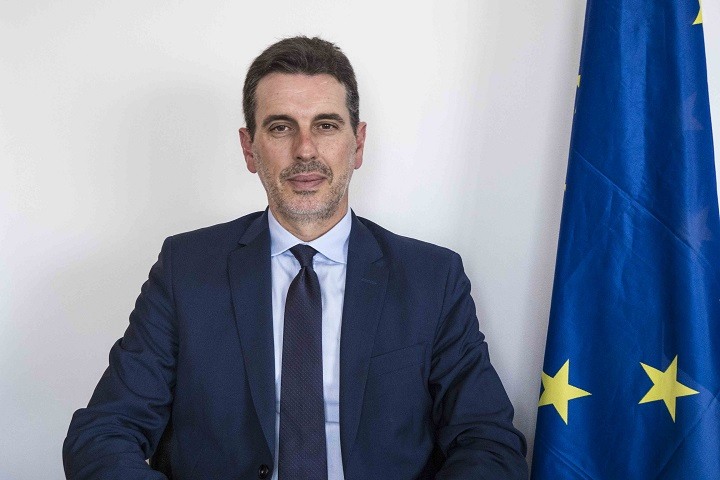Renewable energy investment for a prosperous Mozambique
The European Union has supported Mozambique since its independence in 1975, seeking to boost inclusive and sustainable growth in the country. One area of cooperation that is gaining in importance is promoting the use of energy from renewable sources to give people greater access to energy services and limit greenhouse gas emissions. The EU Delegation in Mozambique works closely with the Ministry of Mineral Resources and Energy (MIREME) in support of its efforts to achieve the Government’s ambitious target of bringing electricity to 100% of the population by 2030. With many people living in rural areas where only 27% have access to electricity, Mozambique faces huge challenges, but also offers opportunities for investment in both on- and off‑grid renewable energy. Mozambique’s Renewable Energy Atlas has shown the extraordinary richness of renewable energy resources in the country, which have the potential not only to satisfy its own electricity demand, but also to clear the current deficit of the Southern African Power Pool, making Mozambique one of the key energy players in the region.
To exploit Mozambique’s renewables potential and enable it to meet the UN’s sustainable development goals (SDGs), public funding needs to be leveraged by private‑sector investment. The Government has been giving positive signals and the market has responded with increasing dynamism. However, the overall maturity of renewable energy projects remains low. Concerted efforts are needed to ensure that Mozambique can absorb further renewable energy investment.
The EU signed a joint declaration with Mozambique in 2016, at the 22nd UN Framework Convention on Climate Change Conference of Parties (COP22) in Marrakech, Morocco, pledging to support the development of its renewable energy sector. Since then, in cooperation with the Government, the Delegation has developed PROMOVE, a comprehensive rural development strategy of which energy programmes are an integral part. The EU’s two-pronged approach involves:
- a preparation phase to ensure a healthy business environment, sufficient capacity of all stakeholders and a pipeline of bankable investment projects; and
- an investment phase to finance mature private and public investment projects in sustainable energy, and energy access, with a focus on the provinces of Nampula and Zambézia.
Our initial support in the energy sector will be delivered through the Project Preparation Facility, which consists of:
- a Resource Centre to build capacity in Mozambique’s public energy sector – this will provide Mozambique´s energy regulatory entity and the Ministry of Mineral Resources and Energy with expertise and facilitate public projects; and
- GET.invest, a European multi-donor programme supported by the European Union, Germany, Sweden, the Netherlands and Austria to boost private‑sector investment – this will mobilise the private sector and develop a pipeline of bankable renewable energy projects. ALER is one of the partners implementing the activities in Mozambique.
The resulting renewable energy projects can feed into blended financial instruments such as the EU electrification financing initiative (ElectriFI), the new European Fund for Sustainable Development (EFSD) guarantee schemes under the European External Investment Plan and other blended finance operations supported through the Africa Investment Platform.
It is with great pleasure that I can announce an event to launch the Project Preparation Facility, which MIREME will be hosting on 20 November in Maputo. This will see the start of a public/private‑sector dialogue in the Mozambique energy sector, which will continue at an international renewable energy investment event in the first quarter of 2020.
We envisage that the work of the Resource Centre and GET.invest will make the renewable energy sector more competitive, improve local private‑sector capacity and lead to regulation that is more conducive to investment in both on- and off-grid market segments. This should generate a pipeline of investment projects and businesses that reduce Mozambique’s dependence on fossil fuels, improve energy access and stimulate productivity, in particular in Zambézia and Nampula.
The EU has always worked in close partnership with Mozambique and we are particularly delighted to be cooperating in this sector. Among other things, these measures will help Mozambique to meet the SDGs and foster sustainable, inclusive and broad-based economic growth – key priorities for the EU in Mozambique.
Mr. Antonio Sánchez-Benedito Gaspar
Ambassador of the European Union to Mozambique

